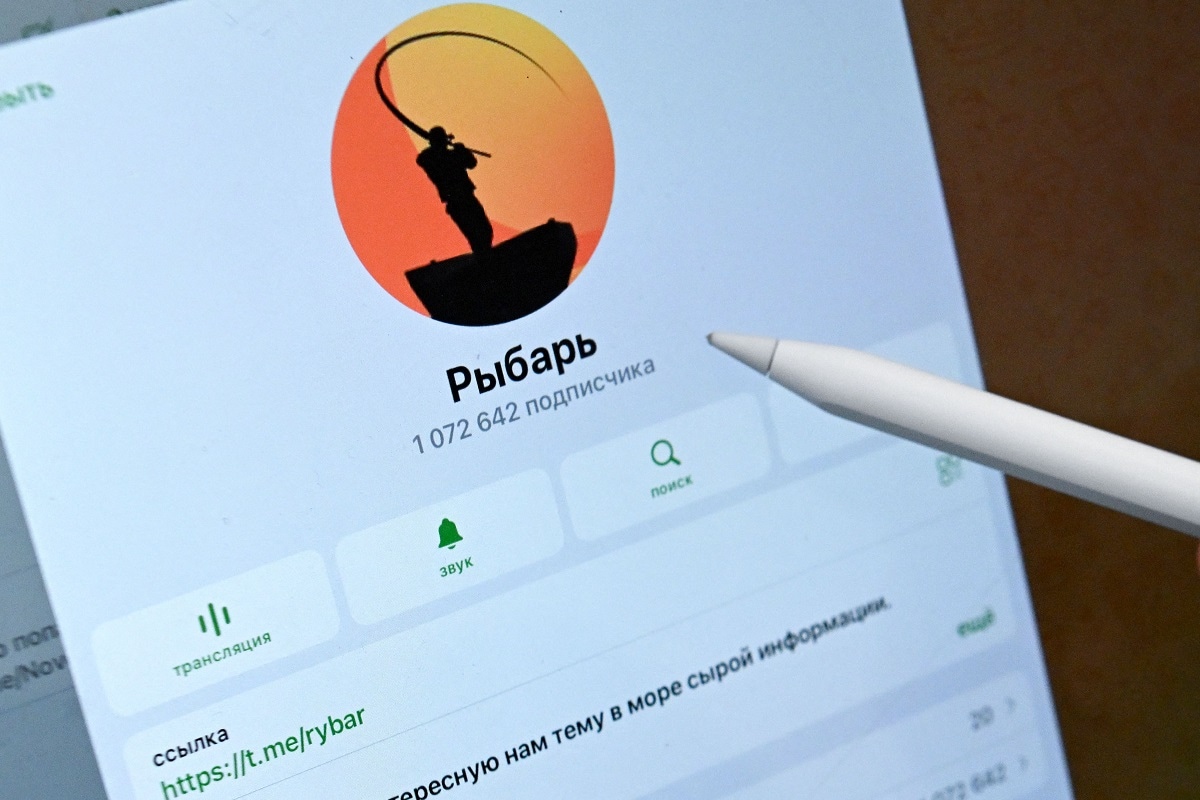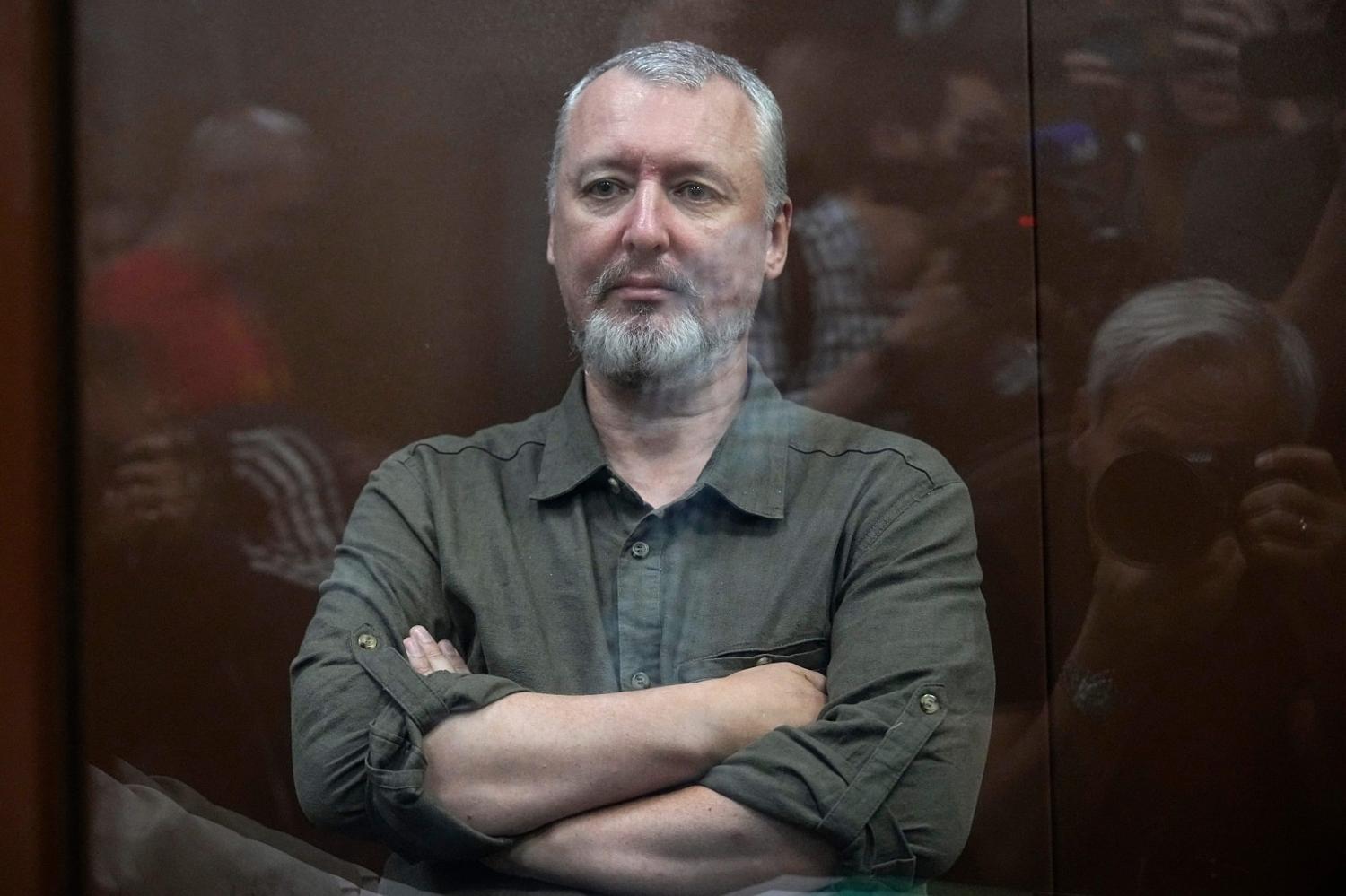On 22 July, Igor Girkin, a hardline pro-war Russian nationalist with an extensive history of involvement in Ukraine, was arrested by the Kremlin on charges of “public incitement of extremist activity”. Prior to this, Girkin had been one of the most prominent voices within a collective of increasingly hawkish and bitingly critical “milbloggers” documenting Russia’s actions in Ukraine. He is also known for his role in the downing of Malaysia Airlines MH17 over eastern Ukraine in 2014, for which he was sentenced in absentia by a Dutch court in November 2022 to life imprisonment.
Russian military bloggers, also known as milbloggers, have emerged as an authoritative voice on Russia’s war in Ukraine. In large part, this has been due to their close relationships with key combatant groups operating in the region – the Russian Armed Forces, Kadyrovites from Chechnya, and private military company mercenaries such as PMC Wagner – which have provided seemingly unhindered access to the reality of Russia’s war effort. Some of the more prominent milbloggers, such as Semyon Pegov (known on Telegram as “WarGonzo”), Mikhail Zvinchuk (“Rybar”) and the late Vladlen Tatarsky, have reported directly from the front lines and made their assessments based on direct involvement.
Over time, Russian milbloggers have come to surpass official sources such as the Russian Ministry of Defence (MoD) in defining the narrative on Russia’s military performance in Ukraine. Many milbloggers operate outside of official state sources, publishing self-authored content via popular Russian social media platforms such as Telegram and VKontakte (VK) using casual language and colloquialisms that have proved to have broader appeal than the more formal MoD releases. Others, such as Alexander Sladkov and Evgeniy Poddubny, are fully fledged war correspondents for mainstream news sources who report from occupied Ukraine for the Russian state-owned broadcaster VGTRK. These correspondents combine news coverage with opinionated perspectives on the military campaign.
For the Russian MoD and some parts of the Kremlin, the emerging prominence of the milbloggers as micro-influencers poses a threat to the framing they have developed on Ukraine. More specifically, milbloggers have reported directly from the front lines on MoD deficiencies in command, supply and lack of tangible progress in the field. Here, milbloggers have stepped in to fill an information vacuum created by the media controls imposed by the state and its select reporting on events in Ukraine. In this context, milbloggers have stepped into function as an alternative news source to the officially sanctioned Kremlin and MoD.

It is important to acknowledge that, whilst this reporting may provide a level of transparency official reports on the war currently lack, milbloggers should not be viewed as beacons of free speech in Russia. Instead, the emergence of the Russian milbloggers points to the effects of a more complex digital environment, where the lines dividing combatants and civilians are becoming more distorted. Their ability to rapidly influence the dynamics of the conflict has undermined the capacity of the MoD or Russian Armed Forces to control, as this influence has now been weaponised. In many instances, they advocate for an escalation to the conflict and have been instrumental in spreading disinformation on war crimes committed in Ukraine, such as the Bucha massacre being staged by Ukraine to discredit Russia.
Attempts by the MoD to persuade milbloggers to refrain from their more critical assessments of Russian military performance have largely been unsuccessful. Until recently, milbloggers had been mostly insulated from any attempts to undermine their activities. Rather than marginalising these critical voices, Russian President Vladimir Putin has instead sought to establish alliances with milbloggers. Since the 2022 invasion, Putin has met milbloggers in closed sessions to discuss the situation in Ukraine and invited them to attend state events such as the ceremony confirming Russia’s annexation of occupied territories in Ukraine. Putin even appointed prominent milblogger Alexander Kots (“Kotsnews”) as a member of the Russian Human Rights Council.
For Putin, his support for the milbloggers constitutes a dual strategy: first, for those milbloggers with large communities of followers, Putin is sourcing support from an ultra-nationalistic constituency with a strong pro-war stance; and second, he is safeguarding his own position by ensuring neither the milbloggers nor their support base pose a threat to his leadership.
That said, in the wake of the June 2023 Wagner mutiny, the grace period afforded to the milbloggers may be coming to an end.
The arrest of a figure such as Girkin demonstrates that, despite his tacit support for the Russian pro-war milbloggers, there is a limit to Putin’s tolerance for direct criticism of his leadership. Putin has already demonstrated that he is more than capable of using the state apparatus to quell opportunities for domestic dissent. The recent strengthening of censorship laws, where anyone found discrediting the Russian Armed Forces may be subject to a five-year prison sentence, could just as easily be applied against ultra-nationalist Russian milbloggers as they have been against liberal critics.
While it would be premature to state that Girkin’s arrest is the start of a Putin-endorsed attempt to stem the influence of the milbloggers, it can be suggested that the Wagner mutiny may afford more leverage to those seeking to control converse Russian perspectives on the war in Ukraine.

